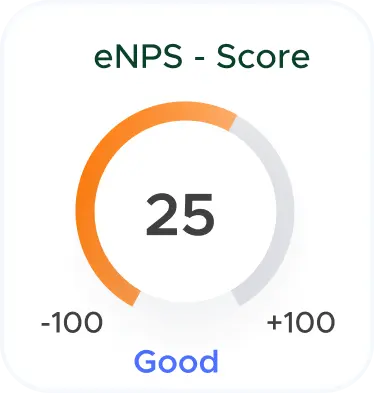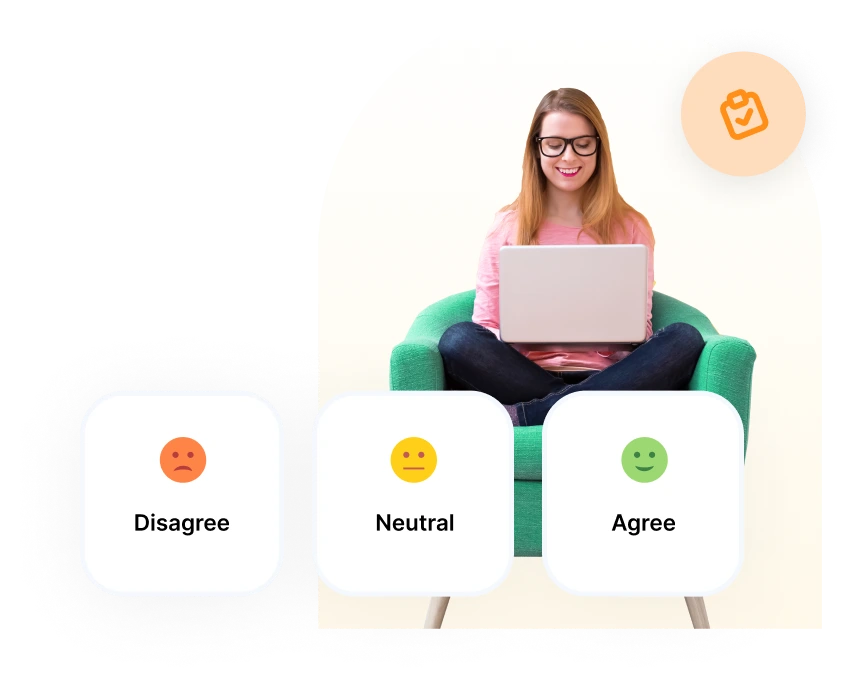✨ Jangan ketinggalan! Daftar untuk Webinar Penghargaan Pekerja kami yang dijadualkan pada 29 Februari. 🎖️
✨ Jangan ketinggalan! Daftar untuk Webinar Penghargaan Pekerja kami yang dijadualkan pada 29 Februari. 🎖️
Daftar sekarang
Terma Glosari Pengurusan Sumber Manusia dan Manfaat Pekerja
Employee attorneys are pivotal in ensuring workplace fairness, equality, and justice. They help employees navigate complex legal matters, protect them from exploitation and discrimination, and uphold their rights under employment laws.
An employee attorney is a legal professional specializing in employment law, dedicated to representing and advocating for the rights and interests of employees in the workplace. They provide legal advice, representation, and support to individuals facing various employment-related issues.
The duties and responsibilities of an employee attorney include:
The key skills and qualifications of a skilled attorney include:
The cases are:
The benefits are:
The challenges and limitations are:

Ini ialah tinjauan ringkas yang boleh dihantar dengan kerap untuk menyemak pendapat pekerja anda tentang sesuatu isu dengan cepat. Tinjauan ini terdiri daripada kurang soalan (tidak lebih daripada 10) untuk mendapatkan maklumat dengan cepat. Ini boleh ditadbir secara berkala (bulanan / mingguan / suku tahunan).

Mengadakan mesyuarat berkala selama sejam untuk sembang tidak formal dengan setiap ahli pasukan adalah cara terbaik untuk memahami apa yang berlaku dengan mereka. Oleh kerana ia adalah perbualan yang selamat dan peribadi, ia membantu anda mendapatkan butiran yang lebih baik mengenai sesuatu isu.

eNPS (pekerja skor Net Promoter) adalah salah satu cara yang paling mudah tetapi berkesan untuk menilai pendapat pekerja anda terhadap syarikat anda. Ia termasuk satu soalan menarik yang mengukur kesetiaan. Contoh soalan eNPS termasuk: Bagaimana kemungkinan anda mengesyorkan syarikat kami kepada orang lain? Pekerja bertindak balas terhadap kaji selidik eNPS pada skala 1-10, di mana 10 menandakan mereka 'berkemungkinan besar' untuk mengesyorkan syarikat dan 1 menandakan mereka 'sangat tidak mungkin' untuk mengesyorkannya.

They are:
The future trends are:
To hire an attorney, you need to: